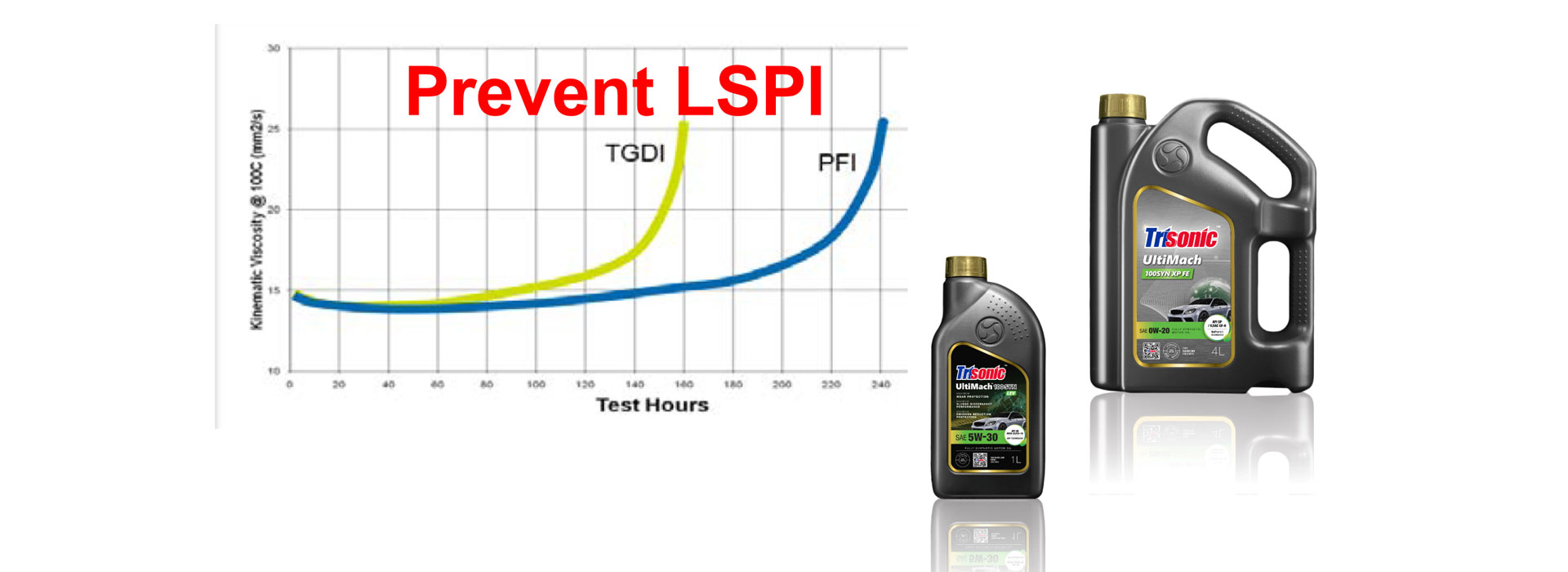
This morning, I received a question from a customer in Singapore about LSPI. He wanted to find out more about the problems associated with LSPI and the suitable engine oils. So, I took the opportunity to write an article about LSPI.
So what exactly is LSPI? LSPI is known as low speed pre-ignition. Sometimes, it is also known as stochastic pre-ignition (SPI), megaknock, superknock or deto-knock.
LSPI is an abnormal combustion event in which the fuel-air mixture burns before intended, causing an excessive pressure inside the engine’s cylinders. As the name implies, it occurs when engine operates at low engine speeds and high loads. This can result in extremely high cylinder-pressures beyond engine design, which can lead to engine knock. In mild cases, LSPI can generate an audible knocking noise noticeable to the driver. In severe cases, LSPI can cause engine failure, including broken connecting rods and spark plugs, cracked pistons.
Then, is LSPI a problem to every engine? Today, automotive engines are required by law to become cleaner in reducing CO2 emission which force automakers to use advanced engineering to design fuel-efficient cars with downsized gasoline engines and applying technologies like exhaust gas recirculation, catalytic converters, turbochargers, superchargers and direct injection to increase the performance. Although LSPI event can only occurs in turbocharged, gasoline direct-injected engines (tGDi), it cannot be predicted. Through preventative maintenance, It can be mitigated. This involves using specially formulated engine oils like TriSonic™ UltiMach GOLD XP LEV and TriSonic™ UltiMach 100SYN XP that help to avoid this issue, while still providing an improved performance in other areas. Our engine oils are formulated and approved against the latest API performance ie API SN PLUS, API SP and ILSAC GF-6A, and are specially designed to mitigate LSPI and provide the protection your car engines need to achieve the best performance it can every day.
